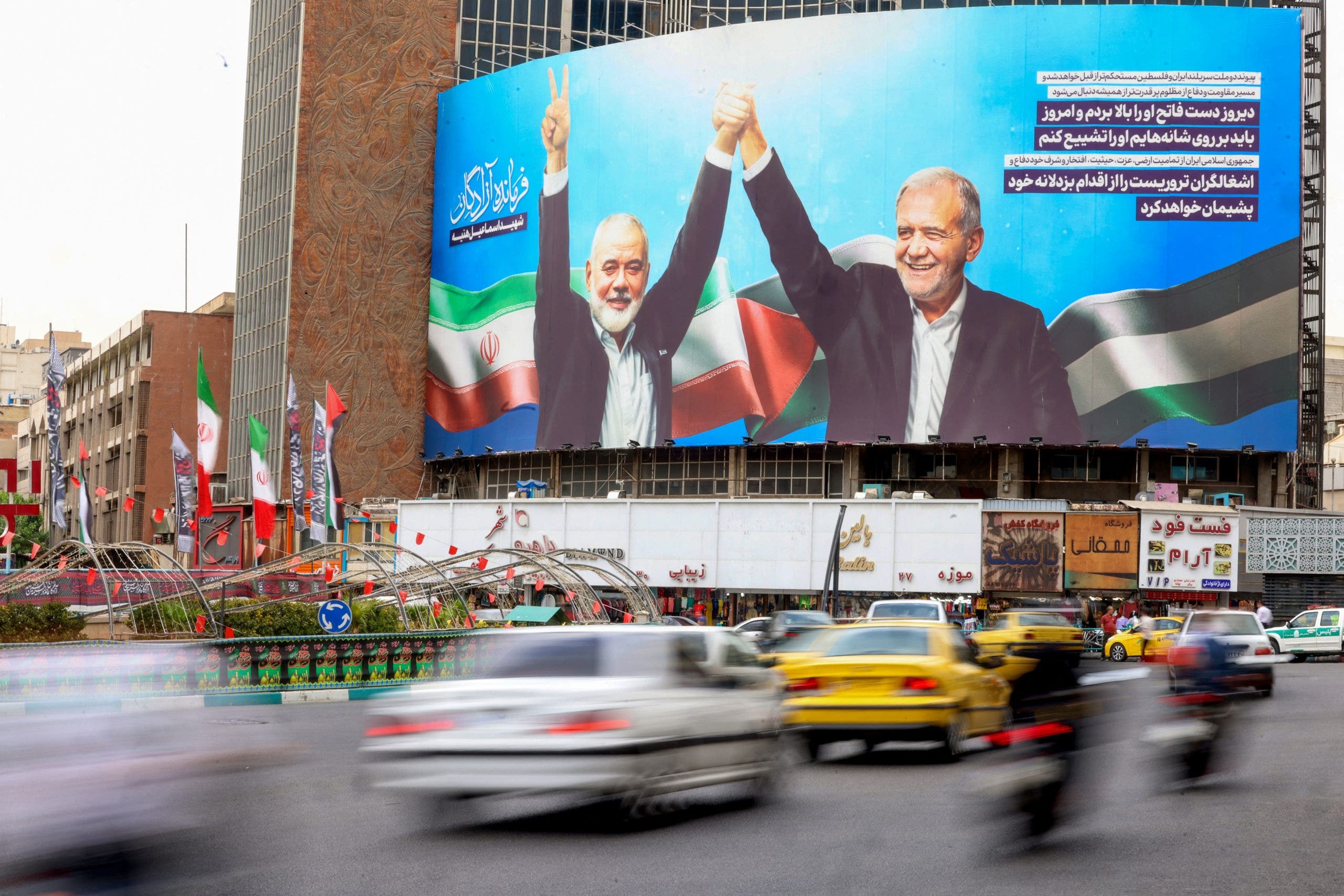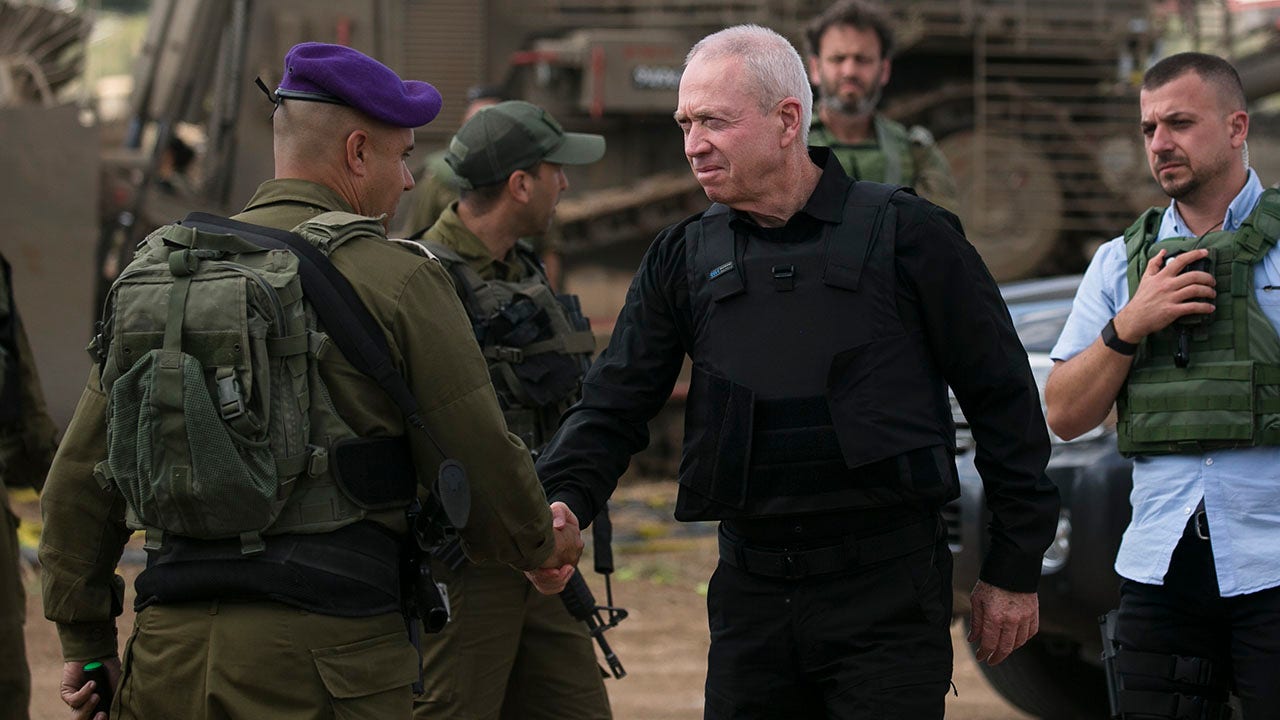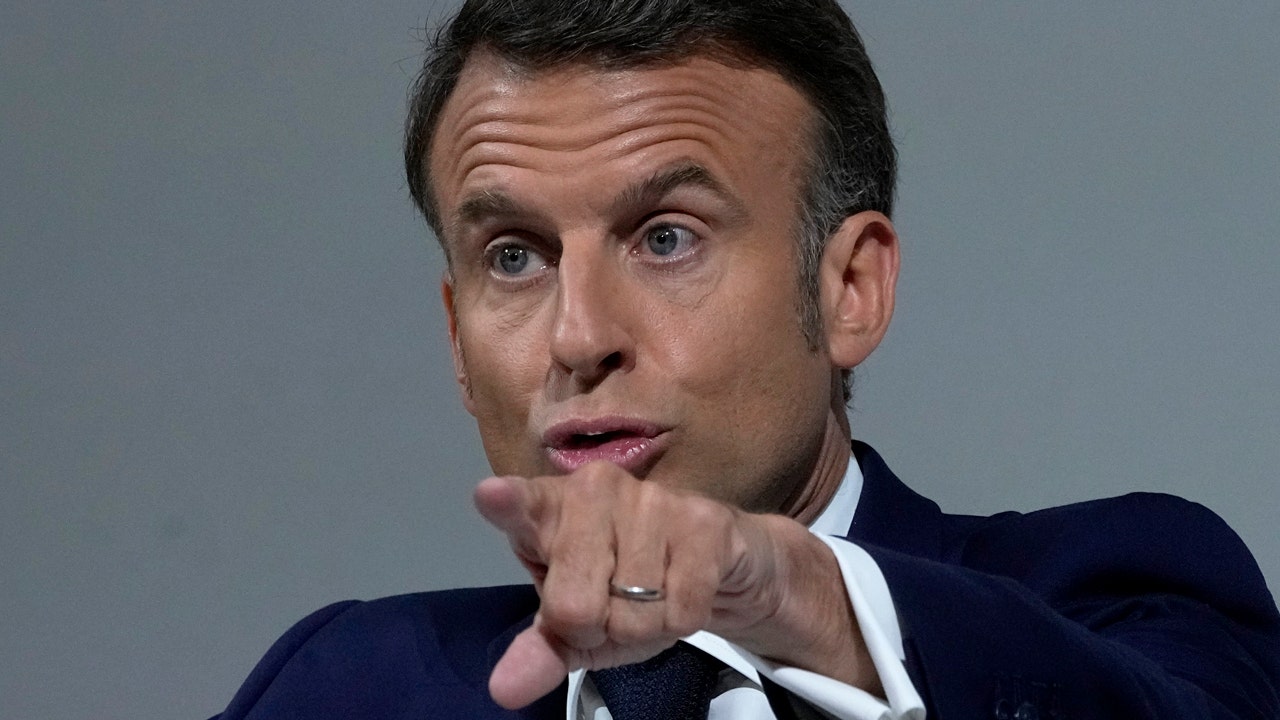In Munich, world leaders were left hushed and hollow-eyed, their annual security conference suddenly transformed into a wake. In London, demonstrators projected a giant image of Aleksei A. Navalny on to the facade of the Russian embassy. In Washington, an angry President Biden called a news conference to declare, “Make no mistake: Putin is responsible for Navalny’s death.”
Rarely has the death of a single man summoned such a cascade of grief, anger and demands for justice.
While many feared the worst for Mr. Navalny when he returned to Russia in early 2021 from Germany, where he had recovered from being poisoned, the news that he was gone still landed with a thunderclap. Governments, however cruel and repressive, often spare dissident figures, if only to avoid creating martyrs.
In life, Mr. Navalny was often compared to Nelson Mandela, the anti-apartheid leader who languished in prison for 27 years before emerging to lead a democratic South Africa. In death, Mr. Navalny now draws comparisons to the Rev. Dr. Martin Luther King Jr., the civil rights leader who fought for racial justice and whose assassination in 1968 was a catalytic event in America.
Whether Mr. Navalny’s death will reverberate through the ages like Dr. King’s is not yet clear, of course. Even the circumstances are still shrouded in mystery, with only a cryptic report from a remote Arctic penal colony that the 47-year-old “convict” had collapsed after a walk. His family hasn’t received his body, and his mother was told that he died of “sudden death syndrome,” without further explanation.
Much has changed since Mr. Navalny began his career as an opposition politician more than a decade ago, a charismatic figure who appealed to restless middle-class residents of Moscow and who harnessed social media to counter the corruption of President Vladimir V. Putin’s Russia.
Mr. Putin’s troops are back on the march in neighboring Ukraine, emboldened by their victory in the key town of Avdiivka. Western leaders in Munich fretted about the loss of support for Ukraine among some Republicans in the United States Congress. There was no immediate sign that Mr. Navalny’s death had converted skeptics of military aid.
Efforts to build a genuinely global coalition against Russia’s war never got off the ground, with China, India and Iran continuing to do business with Moscow. Last June, South Africa eagerly welcomed the Russian foreign minister, Sergey Lavrov, at a meeting to discuss a new world order no longer dominated by the West.
And yet, as the tributes to Mr. Navalny poured in and the flowers piled up at memorial sites around the world and in Russia, where the police detained more than 400 people who dared to leave bouquets in the snow, critics of Mr. Putin argued that Mr. Navalny’s death could be a galvanizing moment.
“Aleksei Navalny is a globally recognized and beloved individual who was snuffed out by a killer,” said William F. Browder, an American-born British financier who has campaigned against human-rights abuses in Russia. “This is a classic good-versus-evil story. These types of symbols and stories have a resonance that goes so far beyond the petty squabbles of the world we live in.”
Mr. Browder cited a precedent. After Sergei L. Magnitsky, his lawyer and auditor, died in a Moscow jail cell under suspicious circumstances, he campaigned for countries to pass laws that would blacklist Russia for human-rights violations. The European Union, he said, was among the most reluctant.
But after Mr. Navalny suffered the near-fatal poisoning with a nerve agent in 2020, widely believed to be perpetrated by Russian agents, Mr. Browder said sentiment hardened against Moscow. A few months later, the E.U. adopted the legislation.
Mr. Browder, who likened Mr. Navalny to Dr. King, said he believed that his death would make it politically untenable for American lawmakers to be viewed as accommodating Mr. Putin. In the short run, he said, it would also make it harder for at least some Republicans in Congress to hold up additional military aid to Ukraine.
In Munich for the conference, Mr. Browder lobbied Western officials to press Russia for the release of other Russian political prisoners, like Vladimir Kara-Murza, who was sentenced to 25 years for treason last April. Whether such appeals would sway Mr. Putin, he acknowledged, was far from clear.
Michael A. McFaul, a former American ambassador to Russia who was a friend of Mr. Navalny’s and has compared him to Mandela, said he, too, believed that the circumstances of his death would change the tone of the debate over Ukraine on Capitol Hill. He also walked the halls in Munich over the weekend and said the shock was palpable.
“There was no doubt in my interactions with members of Congress, former American officials and European officials, that the horrific murder of Navalny was making it much more difficult to ignore the brutality of Putin,” Mr. McFaul said.
In addition to pushing for military aid, Mr. McFaul and others are campaigning for Western governments to use frozen Russian state funds to buy ammunition for Ukraine. Others have said these funds, estimated to be at least $300 billion, should be used to reconstruct the country after the war is over.
Within Russia, Mr. McFaul said, it was harder to predict the long-term effect of Mr. Navalny’s death. Mr. Putin faces less popular resistance than he did when Mr. Navalny began in politics, and he is operating in a world that generally does not hold autocrats to account. While Mr. Navalny had sympathizers in the government and business, Mr. McFaul said, his loss deprives Russia of a Mandela-like figure. In Mr. Putin’s repressive police state, he will not be easily replaced.
“His whole mission in life was to stay alive, to outlive this moment,” Mr. McFaul said. “Now you have to compare him to martyrs, and that’s a harder story. He was a uniquely charismatic, popular leader of the opposition, but there’s no obvious person to take that baton from him, except perhaps for his wife.”
Mr. McFaul was with Mr. Navalny’s widow, Yulia Navalnaya, the night before her husband’s death, and said they discussed his condition, but she had no inkling what he was facing. On Friday, she took the podium in Munich and riveted world leaders.
“I want Putin and everyone around him — Putin’s friends, his government — to know that they will bear responsibility for what they have done to our country, to my family and to my husband,” a grief-stricken but composed Ms. Navalnaya said. “And this day will come very soon.”
The fact that Russia did not keep Mr. Navalny alive surprised Mr. McFaul, a longtime Russia expert who teaches at Stanford University. He said he did not expect it, even given the regime’s previous attempt to poison him. Others said it signified a new world, in which even dissident figures with a global profile were easily killed.
Mr. Navalny resisted the label of dissident, preferring to think of himself as a politician in the arena, even a future president of Russia. That drove his decision to return there, despite the near certainty that he would be arrested.
In doing so, Mr. Navalny set himself apart from Cold War-era dissidents like the physicist Andrei Sakharov or the politician Natan Sharansky, who faced persecution and in Mr. Sharansky’s case, imprisonment, becoming symbols of courageous resistance in the West.
Such figures often had an air of inviolability. But these days, governments behave with more impunity, in part, analysts say, because the United States and other Western countries, burdened by their own political struggles, no longer present the united front of pressure they did in the 1970s and 1980s.
“It’s a marker that tells us how the world has changed,” said Philippe Sands, a British human rights lawyer and writer. “Governments used to let these kinds of individuals live. Sometimes they’d lock them away for many years, but they didn’t knock them off. Now they just do away with them.”
“The countries that are doing this,” Mr. Sands added, “are more confident of their ability to do this.”






